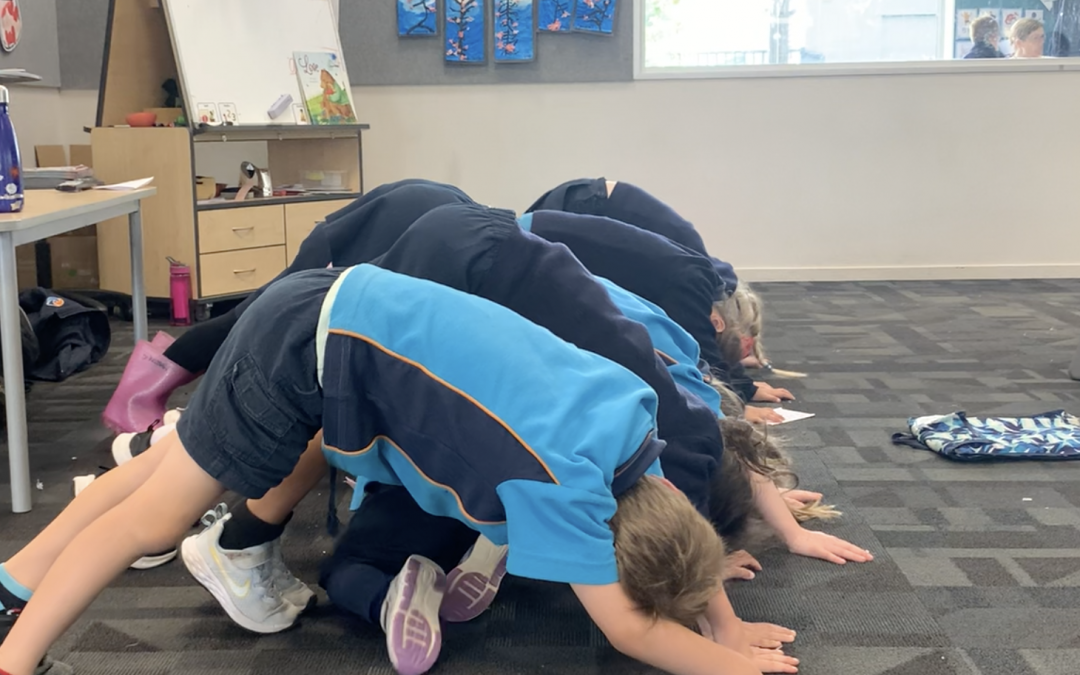Learning through play is a key approach in education in today’s world. While most common in early childhood education, it also benefits students throughout their school years. This blog post explores the importance of learning through play in a primary school context, drawing on extensive research to highlight its many advantages.
The Concept of Learning Through Play
Learning through play involves the integration of playful activities into the educational curriculum, where children engage in games, role-playing, and hands-on activities that stimulate their cognitive, social, and emotional development. This approach is not merely about having fun; it is a strategic educational methodology that draws on the natural curiosity and creativity of children to foster deeper learning experiences.
Cognitive Benefits
Research consistently highlights the cognitive benefits of play-based learning. According to a study published in the Journal of Applied Developmental Psychology, children engaged in playful learning activities show significant improvements in language acquisition, problem-solving skills, and mathematical reasoning compared to those in traditional learning environments (Fisher et al., 2013). Play provides a context where children can experiment with new ideas, practise critical thinking, and apply knowledge in various scenarios, thereby enhancing their cognitive flexibility and executive functions.
Social and Emotional Development
The social and emotional benefits of learning through play are just as significant. Play-based activities often require collaboration, negotiation, and empathy, helping children develop essential social skills. A study by Pellis and Pellis (2007) in the American Journal of Play highlights that play contributes to the development of social competence by allowing children to explore social roles and relationships in a safe and controlled environment. Moreover, play can reduce anxiety and build resilience, promoting a positive school experience and better mental health.
Physical Development
Physical play, which includes activities like running, jumping, and climbing, is crucial for the physical development of children. Such activities enhance motor skills, coordination, and overall physical fitness. The American Academy of Pediatrics emphasises that physical play is critical for preventing childhood obesity and promoting healthy growth (Ginsburg, 2007). Integrating physical play into the school day ensures that children receive the necessary exercise to support their physical well-being alongside their academic growth.
Creativity and Imagination
One of the most significant advantages of play-based learning is its ability to foster creativity and imagination. When children engage in imaginative play, they create scenarios, invent characters, and solve problems in innovative ways. This type of play encourages divergent thinking, which is a key component of creativity. According to Vygotsky’s theory of cognitive development, imaginative play is fundamental to developing higher-order thinking skills (Vygotsky, 1978).
Practical Implementation of Play at Ararira Springs Primary School
At Ararira Springs Primary, learning through play is thoughtfully and deliberately incorporated into our educational approach. Here’s how:
- Creating Play-Rich Environments: Classrooms are equipped with a variety of play materials that support different types of play—constructive, dramatic, physical, and game-based—ensuring that every child can find something engaging.
- Integrating Play into the Curriculum: Play and inquiry based learning is woven into the curriculum.
- Teacher Professional Development at Ararira Springs Primary involves teachers participating in professional development focused on effectively facilitating play-based learning and inquiry-based learning.
Conclusion
Learning through play is not a new idea; it is well-supported by research globally. By fostering cognitive, social, emotional, and physical development, play-based learning creates a well-rounded educational experience that prepares children for the complexities of the world. As research continues to support the benefits of this approach, here at Ararira Springs Primary we embrace and integrate play into our junior classrooms. This enhances academic outcomes and promotes a lifelong love of learning.

Recent Comments